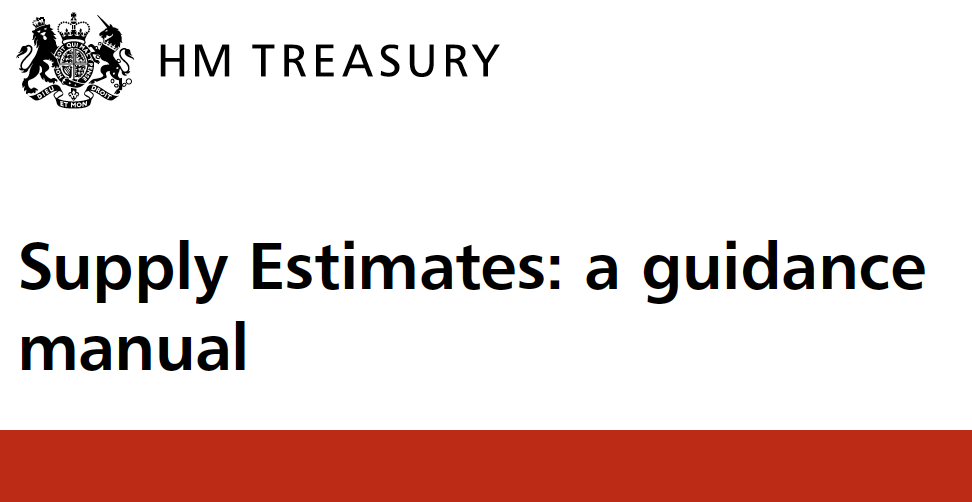
The way to approach government procurement is as follows:
There are physical people in a nation. They all have labour hours for sale. Some are worth more than others because of skills and experience. A legislature is elected by those people to achieve an end. That legislature decides it needs some of those people to achieve that end, and it debates to set a price it is willing to pay. It sets that price relative to the labour hour of the unskilled individual.
If there are sufficient people who wish to choose public service over private fortune, then great, pay them the designated wage and off we go. They’ve crowded themselves out of the private sector and no further action is required.
If sufficient people don’t turn up, then the legislature needs to make people unemployed until the public service jobs get filled at the wage it is willing to pay. It does that by banning things and raising taxes, which crowds out the private sector in real terms.
Tax has one operational job† - releasing resources that the public sector wants to hire as part of its democratic mandate.
Government, on behalf of the legislature, then hires all those crowded out:
- those who were planned to be hired, via permanent public sector jobs
- those who end up unemployed, because taxes and bans are not precise instruments, via the Job Guarantee.
The private sector is similarly imprecise and is incapable of clearing the labour market on its own. The Job Guarantee handles the fallout from the imprecision of both private and public sector activity.
This approach represents a completely different way of looking at the task of constructing a national economy. The private sector is the meat in the sandwich between the required public sector, and those who would otherwise be left unemployed.
Looking at the system people-first ensures everybody who wants to be hired in the monetary economy for wages gets a wage. This allows the economy to operate at a greater level of output than any other competing way of organising one. Yet, thanks to the stabilising and anchoring effects of the Job Guarantee, all while retaining stable prices.
†Tax also has a functional task of driving the denomination across a currency area, but we’ll assume for the purposes of discussion that there is a large enough public sector here that the operational tax will do that job too. We’ll leave ‘how to do tiny government’ for another day.